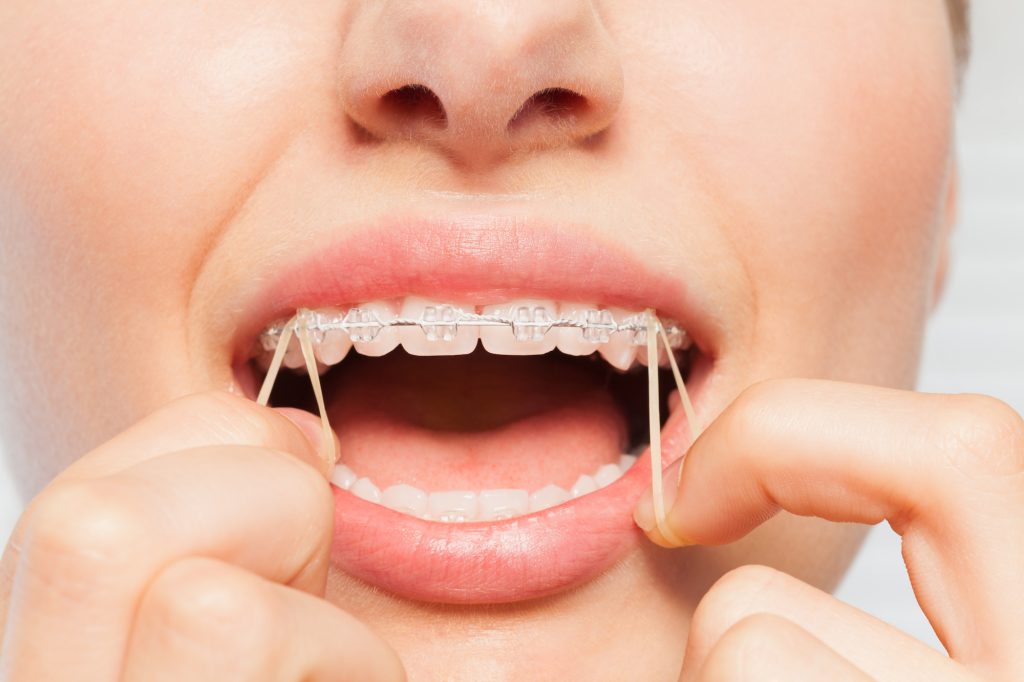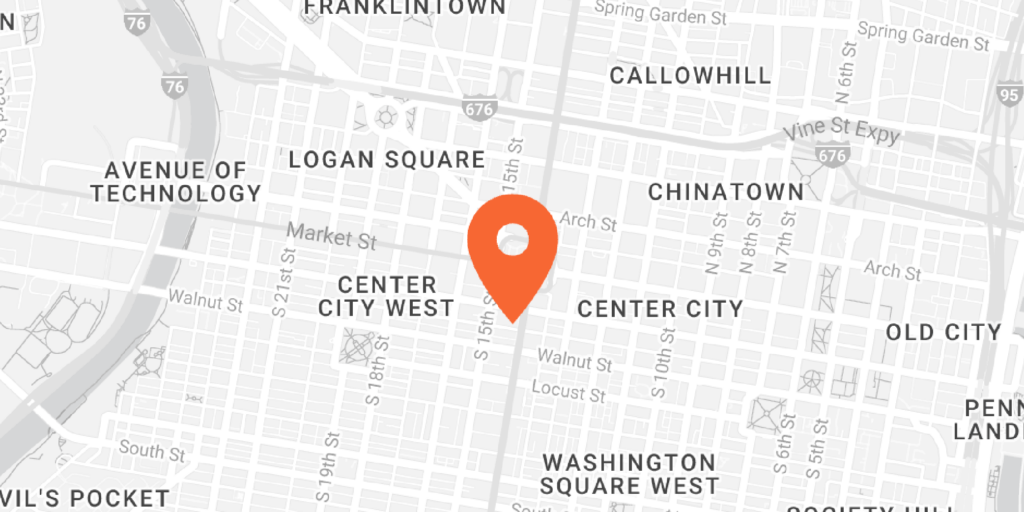If you know anyone who has had orthodontic work done, then you’re aware of their disdain for rubber bands for braces. This is a necessary – but sometimes annoying – part of having braces. It’s all part of how braces work and without these braces rubber bands, a patient’s mouth won’t look as good as they hoped.
But what is the real purpose of these rubber bands? Do braces work without them? Does Invaslign work without rubber bands? How do you maintain and keep them working perfectly? And how long should you expect to live with them?
Even though millions of people used rubber bands for braces, many people don’t know their purpose or how they work. Therefore, it’s smart for anyone who may be getting braces soon to understand the practical and reliable application of rubber bands for braces.
Rubber Bands Serve A Huge Purpose
If you are suffering from an overbite, underbite, open bite or cross bite, you will likely have rubber bands attached to your braces. What is their purpose?
Rubber bands are used to increase the force of pressure that is applied to parts of your mouth and the braces installed. Often called elastics by orthodontists, they are used to connect the brackets on your braces and are often positioned in various ways to better align your mouth and apply the right amount of pressure.
They also have an impact on spacing in your mouth and positioning of your teeth too. If you have multiple crooked teeth, an orthodontist may use rubber bands for braces to get them straight and looking good.
There Are Different Categories Of Rubber Bands For Braces
Not all rubber bands are created equal! In fact, there are various types of rubber bands, all with their own benefits or drawbacks. You should be aware of the type that your orthodontist will try use and the pros and cons of them.
Force
Rubber bands for braces are often categorized by the amount of force that they apply to your mouth and your jaw and your teeth. They vary from light to medium to heavy. Your medical professional with usually measure the amount of force in either ounces or grams.
Material
As mentioned, different rubber bands are made with different materials. You can have either latex or synthetic rubber bands for your braces. Latex are used the most because they are very flexible and they are also inexpensive to make and, therefore, cheaper for you too.
But some people suffer from allergies to latex. For those patients, synthetic rubber bands will be used and they have proven to be just as strong when it comes to force. However, they are sometimes a bit more expensive which is why many orthodontists elect to go with latex over synthetic.
Size
Since every mouth is different, an orthodontist will need a variety of rubber bands with different sizes to meet your needs. Depending on how far the band needs to stretch, your orthodontist will use a different size measurement, based upon diameter.
Use
There are plenty of uses for rubber bands for braces. Class 1 rubber bands, for example, link the brackets on one of your jaws and can help close the spaces between teeth. Class II connect teeth on your upper jaw to the teeth on your lower jaw. Cross bands connect teeth in your upper and lower jaw, often crossing over the teeth in the front of the mouth. This will help with a cross bite.
As you can see, there are multiple uses for braces and your orthodontist will be well aware of the type needed for your mouth before the procedures begin.
You Have To Change Rubber Bands Often
Did you know that you may have to change the rubber bands on your braces multiple times? Not just in a week, but in a day?
That’s right. Since rubber bands often lose their elasticity in a short amount of time, you will need to change them out so that they still exert the right amount of pressure in your mouth. Your doctor will instruct you on when you need to change them and you should do your best to follow the rules they lay out for you.
Weak rubber bands for braces mean weak progress for fixing your smile so you need to be sure you are changing them when needed.
You Can Take Them Out To Eat
Some people have no problem eating their meals with the rubber bands attached to your braces.
However, there is no doubt they can complicate your breakfast, lunch, or dinner.
Therefore, orthodontists have made it easy to actually take some of the rubber bands off if they need to be. Of course, reapplying them might be a bit tricky based upon how they are set up. When you first have you braces and rubber bands installed, you should talk to your orthodontist about if and when you can take them off, and how you can get them back on.
There Can Be Bad Side Effects
Most people don’t notice any side effects when they have rubber bands for braces installed. But that isn’t true for everyone. The truth is that some people do have bad reactions to rubber bands in their mouths.
Allergic reactions aren’t common but they are possible. This is why it’s so pivotal that your orthodontist knows all of your allergies so they can avoid putting anything in your mouth that will cause a bad reaction. Additionally, let your doctor know of any discomfort you feel. While some adjustment will be necessary, you should never feel uncomfortable.
People who have braces learn to live with the rubber bands that come with them. It can feel a bit odd to have these elastics in your mouth but you will eventually adjust and soon feel like they are just a part of your daily routine. But you should be aware of why they work and how they work before you have your braces placed into your mouth.
For more information on braces rubber bands contact Orthodontics Limited today.




